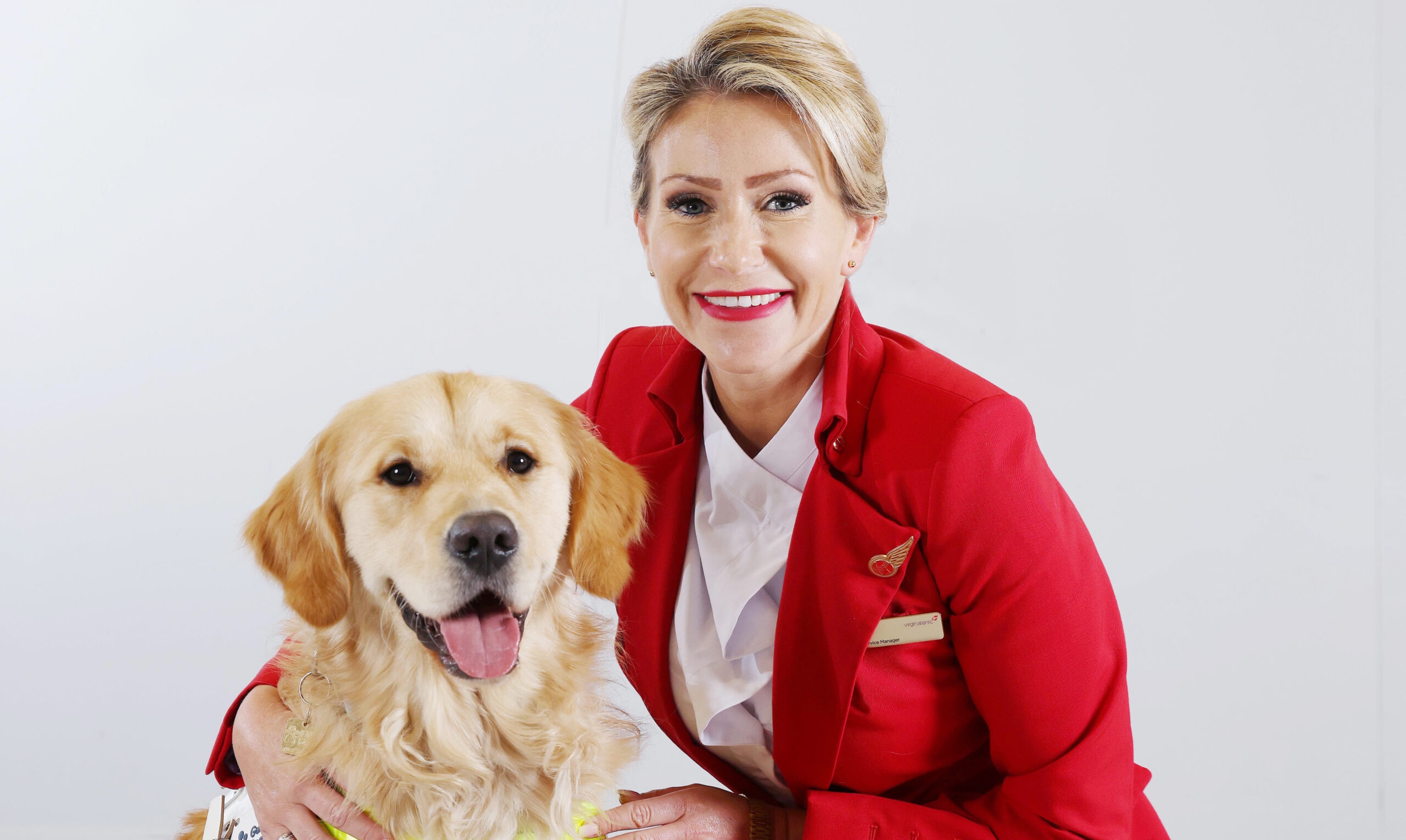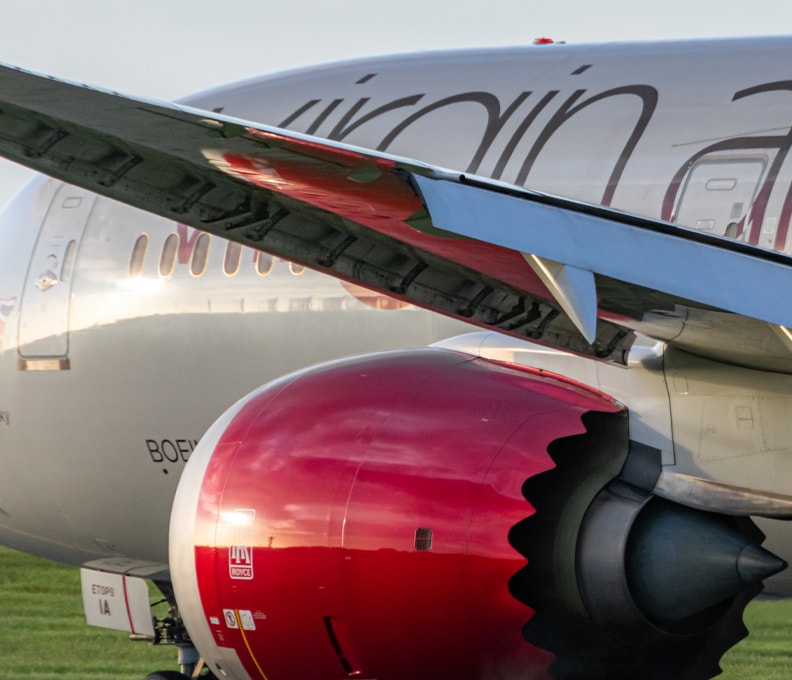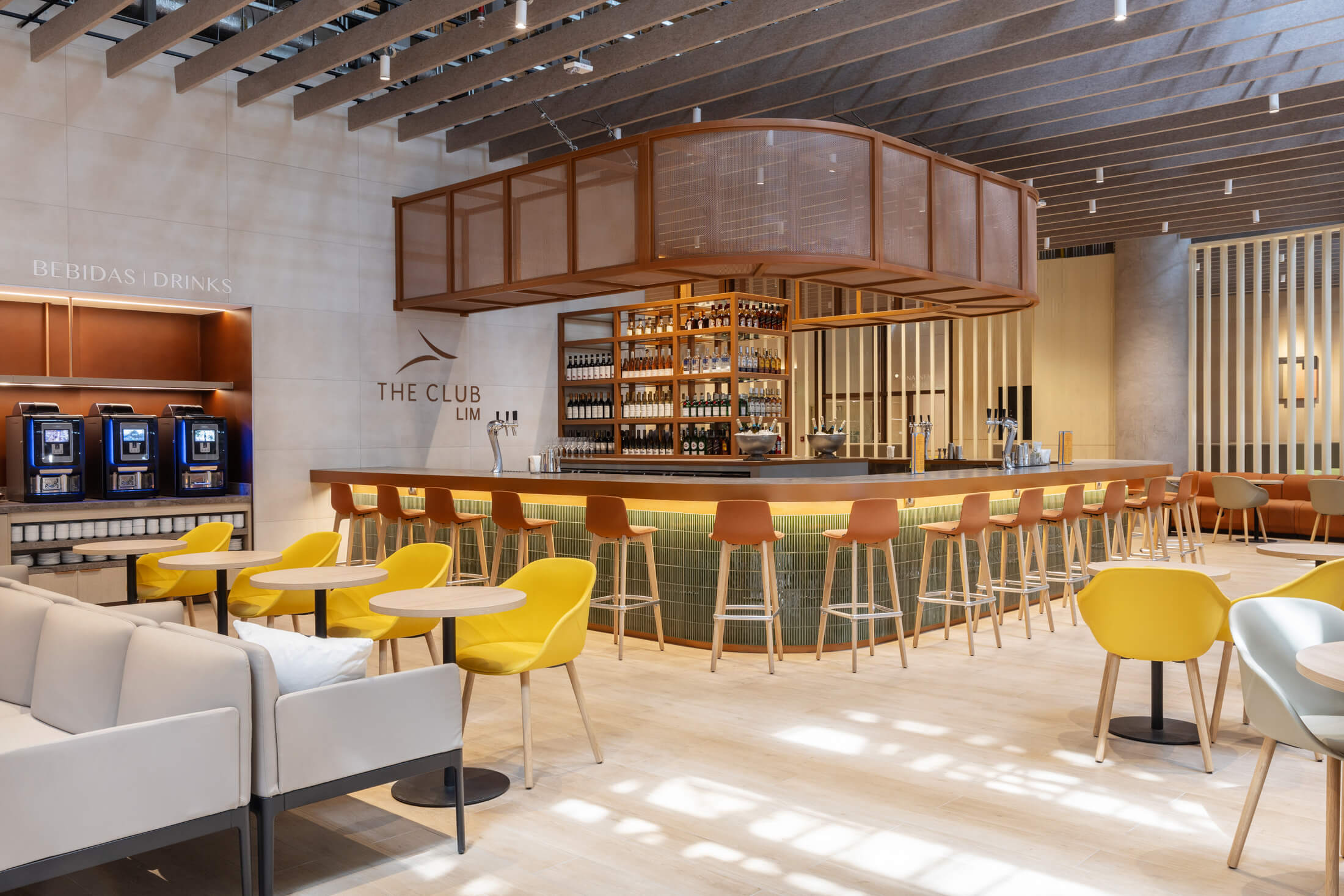Virgin Atlantic, Guide Dogs Partner to Improve Travel Experience for Visually Impaired Passengers
The airline's cabin crew will receive training from experts at the British charity Guide Dogs to better accommodate blind and visually impaired passengers
by Lauren Smith
April 21, 2023

Photo: Courtesy of Virgin Atlantic
Guide Dogs, a leading charity organization, will provide tailored training to the cabin crew of Virgin Atlantic to ensure that passengers with sight loss receive an inclusive and accessible travel experience.
The training is particularly significant as many of these passengers have previously been deterred from air travel due to negative experiences. With this new initiative, Virgin Atlantic aims to set the standard for providing an exceptional and welcoming travel experience for all passengers, regardless of their abilities or disabilities.
Flight attendants will learn best practices when helping passengers with sight loss, including how to approach and assist them with navigating narrow or crowded spaces, stairs, and doorways and taking their seats.
Crew members will also learn the best position on the plane for guide dogs to rest during the journey. In addition, more in-depth practical training from the Guide Dogs will teach staff how to guide someone with sight loss safely and “with confidence, skill, and empathy,” the airline said.
The new partnership comes following dispiriting research that found people with sight loss are discouraged from traveling abroad by previous poor experiences.
In a survey of 250 Brits with visual impairments, three in five (59%) reported they would like to travel internationally more often. However, two-thirds (68%) are reluctant to travel by plane because of past negative experiences with air travel.
More than half (56%) have felt uncomfortable traveling by plane. Common issues raised were feeling nervous checking in at the airport (38%), having difficulty understanding the food menu (34%), and having trouble storing their luggage (32%).
Asked what would improve their travel experience, 65% of respondents said airlines should train staff to better support passengers with visual impairments. In addition, the vast majority (84%) said they’d feel more comfortable with air travel if cabin crew were better educated about their needs and how to help.
Additionally, 59% said airlines should consult people with sight loss in developing this training and improving their policies.

Virgin Atlantic / Photo: Croatorum/Shutterstock
Cornell Koster, Virgin Atlantic’s chief customer and operations officer, said, “At Virgin Atlantic, we believe that everyone can take on the world, and that means ensuring every one of our customers has the best possible experience when they fly with us.”
“Our partnership with Guide Dogs is one part of this journey and aims to broaden our understanding of those traveling with sight loss, ensuring that we make flying more accessible for everyone. We recognize there’s work to do but are looking forward to making a real impact together as our partnership evolves,” he said.
John Welsman, customer experience lead at Guide Dogs, added: “We’re delighted to be working with Virgin Atlantic and hope our long-term partnership will put in place improvements that will tangibly impact the lives of those with sight loss for the better.”
“By providing advice to cabin crew and having them undertake sighted guide training, we hope blind and partially-sighted passengers will have the confidence to travel as fully and independently as possible.”
Virgin Atlantic has a solid track record of listening to passengers with disabilities and improving its service. For instance, in 2019, the airline was among the first to introduce a Hidden Disabilities scheme, training crew to assist passengers with disabilities that aren’t immediately recognizable.
Passengers eligible for that scheme receive a discrete symbol, which can be saved on phones, printed up to insert into their passport, or worn as a card or pin badge (picked up at check-in), that they can show to staff to receive extra assistance.




